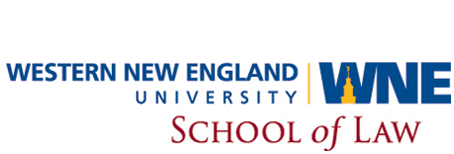Home > Student > Law Review > Vol. 44 > Iss. 2 (2022)
Abstract
Numerous colleges and universities have imposed COVID-19 vaccination mandates upon their students. Most of these mandates also include language purporting to recognize medical and religious exemptions. With regard to religious exemptions, some are unjustly discriminatory. Most notably, some give preference to students who are members of organized religions over students who are not. And even facially neutral exemptions can be administered in an unjustly discriminatory way by, for example, giving preference to one set of religious denominations over another, or by engaging in “religious profiling” (whereby students of a particular denomination are held completely beholden to the beliefs of that denomination, as ascertained by the school’s administration, despite their own sincere and genuine religious beliefs to the contrary).
Students attending public colleges and universities have federal, constitutional, and statutory protections against such discrimination; students attending private institutions do not. Rather, students attending private colleges and universities are at the mercy of state and local law and are afforded only those protections against discrimination recognized by the jurisdiction in which their institution is located.
State antidiscrimination law is unlikely to entitle students attending a private college or university the right to a religious exemption from a COVID-19 vaccination mandate. But to the extent that state law generally prohibits discrimination on the basis of religion, a religious exemption to a private college or university vaccination mandate must be religiously neutral and must not discriminate against students whose opposition to the vaccine stems from divergent religious beliefs.
Although the research and insights presented herein should be applicable, in whole or in part, to any state with antidiscrimination laws protecting college students, this Article’s focus will be on New York’s Human Rights Law. It will demonstrate the ways in which religious exemptions can and do violate the law by illegally discriminating against students on the basis of religion. It will examine one particularly ill-advised and problematic policy (Hofstra University’s) and also showcase a policy that comports with better practices (Syracuse University’s).
Recommended Citation
Ronald J. Colombo, WHEN EXEMPTIONS DISCRIMINATE: UNLAWFULLY NARROW RELIGIOUS EXEMPTIONS TO VACCINATION MANDATES BY PRIVATE COLLEGES AND UNIVERSITIES, 44 W. New Eng. L. Rev. 293 (2022), https://digitalcommons.law.wne.edu/lawreview/vol44/iss2/6
